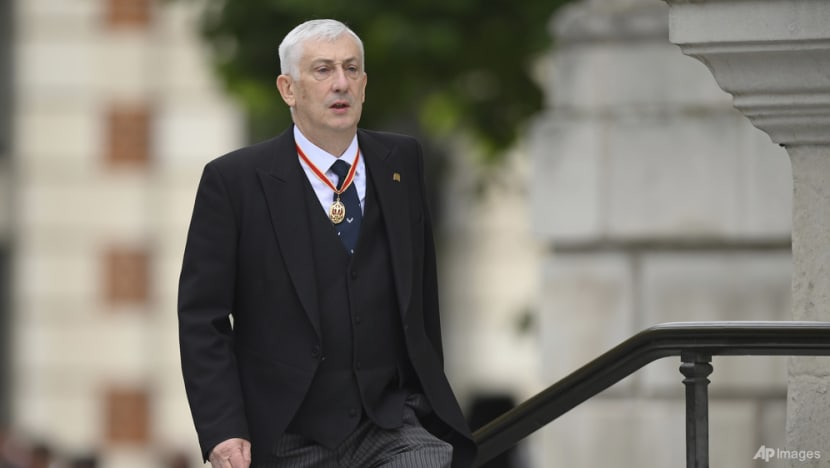LONDON: The UK government on Monday (Sep 11) faced calls to get tougher with China, upgrading it to a strategic threat to the country, after police arrested a parliamentary researcher on suspicion of spying for Beijing.
The arrest, made earlier this year but made public only this weekend, prompted Prime Minister Rishi Sunak to warn Premier Li Qiang in person about Chinese "interference" in democracy.
But it also provoked a strong denial in Beijing, which has reacted angrily to previous criticism of its human rights record against the Uyghur minority and the erosion of civil rights in Hong Kong.
In parliament, Deputy Prime Minister Oliver Dowden said the government would do "whatever it takes to protect our national security".
"These are serious allegations and it is right that they are being thoroughly investigated by the police and relevant agencies," he said of the parliamentary researcher's case.
"The government has been clear that China represents a systemic challenge to the United Kingdom and to our values," Dowden added, saying that London was "clear-eyed" about the challenge.
The spying claims, first disclosed in The Sunday Times, are putting pressure on Sunak's government to toughen its policy on China as it seeks greater engagement with the Asian superpower.
When he was running for the Conservative party leadership last year, Sunak called China the "number one threat" to domestic and global security.
But in power he has rowed back on that tough rhetoric, instead characterising China's rise as a strategic challenge and pushing for pragmatic engagement to tackle issues such as climate change.
"PURE FABRICATION"
Iain Duncan Smith, a former Tory leader and China hawk who has been sanctioned by Beijing, called that approach "weak".
"The result is that China is penetrating all our institutions from universities to parliament," he said.
The suspect, said to be in his 20s, was arrested at his home in Edinburgh in March, along with another man in his 30s.
Both were detained on suspicion of offences under the Official Secrets Act and have been released on bail until October, pending further investigations.
If proven, it would represent one of the most serious breaches of security involving another state at the UK's parliament.
